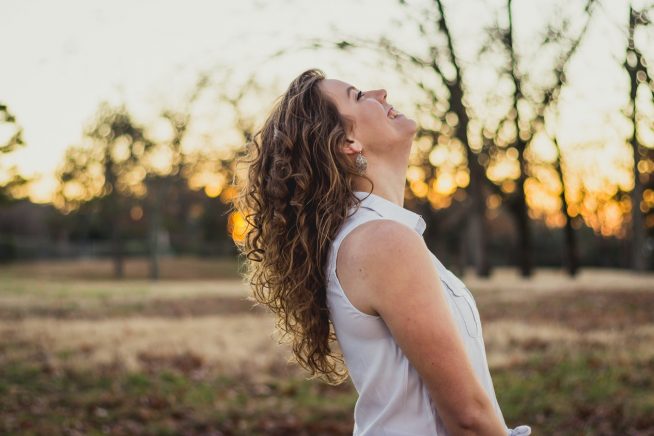Modern culture prizes selflessness and abhors selfishness, in effect setting the two against each other.
“The alternatives are either to love others, which is a virtue, or to love oneself, which is a sin,” wrote social scientist and philosopher Erich Fromm, in his essay titled “Selfishness and Self-Love.”
While no one would argue with considering others, it could be worthwhile to re-examine our beliefs around being selfish.
Do we really aspire to be without concern for ourselves?
Or is it important to value and love ourselves, to think for ourselves, to have a life of our own and to be able to love others without losing ourselves?
How do we differentiate between valuing ourselves and egotistically indulging ourselves?
The answers lie in self-awareness and self-knowledge.
When we undertake an inner journey and come to truly understand ourselves — the sacred and profane dimensions of our lives — we develop the capacity to deal honestly, thoughtfully and lovingly with ourselves, as well as other people.
“The process of attaining self-knowledge both softens and strengthens us and serves to help us love and appreciate life and other people,” says Bud Harris, author of the book Sacred Selfishness: A Guide to Living a Life of Substance.
Understanding ourselves better means discovering the negative effects of our histories, working to change them, building on our strengths and potentials, and relating to people in a more straightforward, authentic manner. It also means learning to love ourselves, to take in the fullest meaning of the biblical maxim “Love your neighbor as yourself.”
“Self-love is the firm foundation that determines how strongly we can give love and receive love,” Harris says.
Inner work, or the quest for self-awareness, is greatly aided by the following three tools of self-discovery.
Inner work is not a quick-fix but a life-long deepening of the connection to your truest self that can enrich life beyond words.
1. Journaling
Writing in journals is not just recording events, as in a diary. To journal is to explore feelings, thoughts, experiences, to look for connections and themes, to express the innermost aspects of your life experience. Best is to pick a time — the same time every day — for regular journaling. If you can’t think of anything to write at first, just write, “Can’t think of anything, can’t think of anything,” until the hand begins to fly with the stuff just under the surface. Read Julia Cameron’s book, The Artist’s Way, for great suggestions on journal writing.
2. Inner Dialogue
With this tool, you give voice to your emotions and states of being and actually converse with them. For example, ask perfection why it has been so ever-present in your life. What is its role for you now? What does it want, what does it fear?
Either write down your dialogue or enact it. If you choose to role-play, stand in a different space, with a different posture and different facial characteristics, becoming the trait with which you are conversing.
3. Dream Work
Dream images can have several layers of meaning, but all speak the language of the soul. Step one in working with dreams is to remember and record them. Keep a pad of paper or a cassette recorder by your bed and record what you can remember as you awaken.
Connecting with oneself is the greatest gift you can give yourself. @laurafenamore (Click to Tweet!)
It is really healthy for you to own that you are okay with yourself just as you are.
If you want to feel that inner love connection keep practicing the three tools above and making yourself a priority without guilt will come.
If you are willing to take some action like the ones I suggested above, self-love will begin to feel more natural and comfortable.
It is a process, and you can begin one step at a time.
If you are seeking more tips for self-love and self-awareness you are welcome to go here for more tools.
Laura Fenamore, Body Image Expert, Coach and acclaimed Author is on a mission to help women around the world end the constant battle with their bodies and start adoring who they see in the mirror. Her approach walks students and readers through the heartfelt journey to self-love at any size or age by unlocking the secrets to a lifetime of emotional, physical and spiritual health. After overcoming a lifelong battle with addiction, obesity, and eating disorders, Laura released 100 pounds – keeping it off for more than 28 years. She chronicles this journey to self-love and health in her widely acclaimed book, Skinny, Fat, Perfect: Love Who You See in the Mirror. Learn more about Laura’s programs, or invite her to speak by visiting SkinnyFatPertect.com.
Image courtesy of Christin Noelle.












